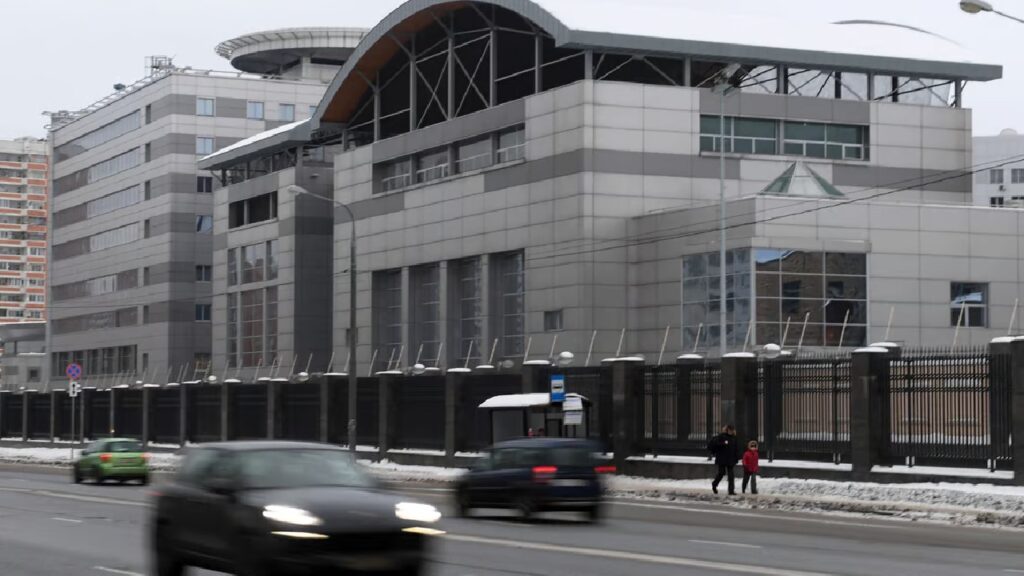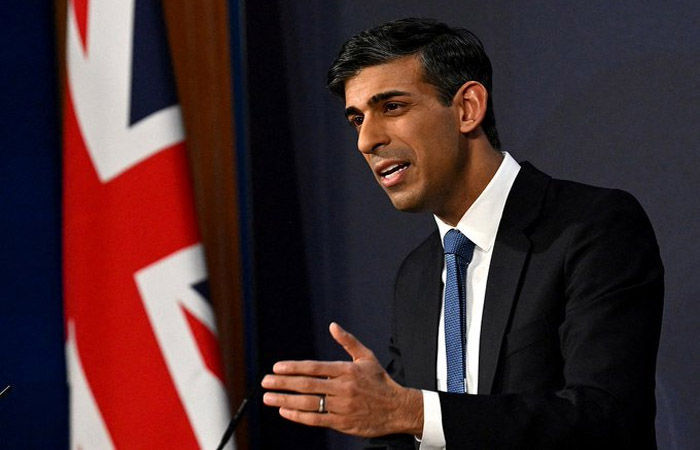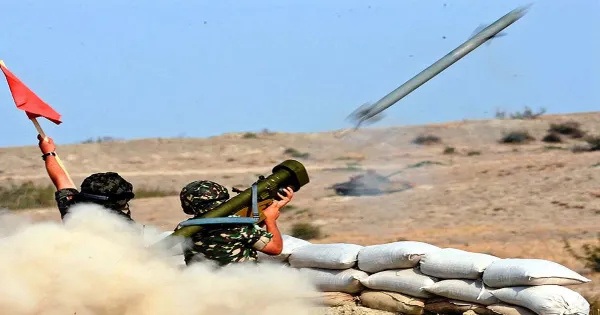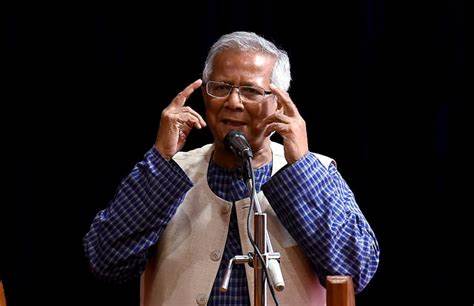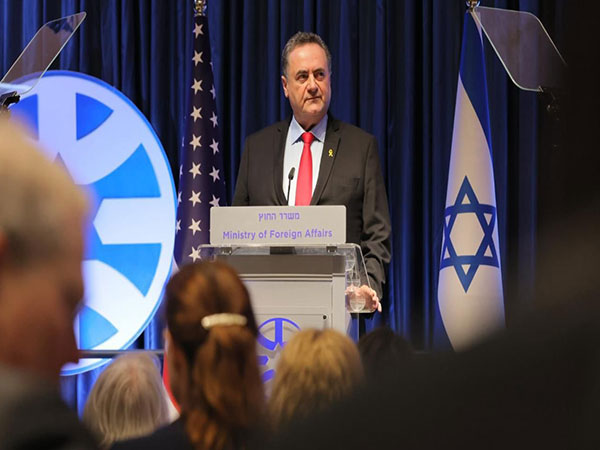This secret army takes care of protests in other countries too. What is the Russian army's secret agency GRU?
Russia-Ukraine War: Today is the 822nd day of the war between Russia and Ukraine. The Ukraine Peace Summit is being organized next month. President Zelensky has appealed to the Presidents of America and China to attend the peace summit. While Ukraine is constantly talking about ceasefire and peace, Russia’s intelligence agency is also in the news for its exploits. It is being said that the GRU continuously runs operations against Russia’s enemy NATO countries. That too by reaching inside their system.
Russia’s intelligence agency GRU is considered to be very mysterious. GRU is accused of carrying out many incidents ranging from interfering in the US elections to poisoning Sergei Skripal in England, running foreign sleeper agents and conducting hacking campaigns targeting Ukraine. However, GRU denies all these.
According to the report, GRU officers undergo three years of special training, including cybernetics, foreign languages, geopolitics, the use of codes and other elements of espionage. General Igor Kostyukov has been in charge since 2018. The GRU collects intelligence through foreign agents. According to the Netherlands security service AIVD, the main task of the GRU is to collect military intelligence. Apart from this, its officers also carry out effective operations secretly.
Let us know about some major operations of GRU
The GRU is said to have assisted President Bashar al-Assad in the Syrian war, and also fought against separatist rebels in Chechnya. The GRU’s spy agent deploys groups of undercover individuals who enter foreign countries under false identities to collect intelligence for Russia. For example, in 2023 Slovenian authorities arrested two foreign nationals suspected of spying for Russia’s GRU.
In 2022, Olga Kolobova (the daughter of a Russian colonel) was accused of being a GRU spy who had joined NATO in Italy and posed as a Latin American jewelry designer. In the mid-1980s, the GRU was estimated to have recruited 150 illegals.
Ukraine cyber operation: The GRU is seen as a major Russian cyber player linked to a number of military operations, including an attempt to infiltrate Ukrainian military planning operations systems via an Android tablet device in 2023.
Interference in the 2016 US presidential elections: The US sanctioned GRU chief Igor Korobov and several other officials for cyber efforts to interfere in the 2016 presidential election. Although Russia denied meddling, 12 Russians accused of operating on behalf of the GRU were criminally charged with hacking and leaking emails of senior Democrats.
Failed coup in Montenegro: In 2019, a court in Montenegro sentenced 14 people (including two Russian GRU officers) to up to 15 years in prison for a failed coup to overthrow the government. The GRU was accused of plotting a 2016 coup from neighbouring Serbia, which allegedly aimed to prevent the country from joining NATO.
Olympic Doping: The GRU is also blamed for hacking and manipulating doping results. This was done to manipulate drug tests and allow Russian athletes to compete in the Olympics while using performance-enhancing substances. This led to Russia being banned from the 2018 Winter Olympics.
Attack on German Parliament: In 2020, the European Union imposed sanctions on two Russian intelligence officers and the GRU for their involvement in hacking the German parliament in 2015. The EU sanctions targeted the GRU’s Unit 26165, also known as the hacker group ‘Fancy Bear’ or ‘Advanced Persistent Threat 28’.
In addition to the GRU, Russia has two other main spy organizations. These are the Federal Security Service (FSB), which oversees internal security, and the Foreign Intelligence Service (SVR), which has a role similar to Britain’s foreign spy agency MI6.
This is also one of the reasons for discussing Russia’s GRU
US and allied intelligence officials are monitoring an increase in ‘special operations’ in Europe these days. It is being said that this is part of the Russian campaign to undermine efforts to support Ukraine. This campaign is being done by Russia in secret action. Most of these are arson or attempted arson. Many such places are being targeted in Europe. This includes a warehouse in England, a paint factory in Poland, houses in Latvia and most bizarrely an IKEA store in Lithuania.
Some people accused of being Russian agents have also been arrested for plotting attacks on US military bases. Though these actions may seem random, US and European security officials say they are part of Russia’s efforts to slow arms deliveries to Kiev and undermine growing European support for Ukraine. Officials say Russia’s military intelligence branch, the GRU, is leading the campaign.
At least so far, these attacks have not disrupted arms supplies to Ukraine. NATO and European leaders are warning of a growing threat.
Estonian Prime Minister Kaja Kallas said last week that Russia was running a special campaign against Europe.
Polish Prime Minister Donald Tusk announced the arrest of 12 people on charges of assault, arson and attempted arson working for a Russian intelligence agency.
Norway’s Prime Minister Jonas Gahr Støre said Russia was a real and serious threat, as his country warned of possible attacks targeting energy producers and weapons factories.
Amid growing concerns about special operations, NATO ambassadors are scheduled to meet US National Intelligence Director Avril D. Haines next month to provide intelligence on Russia’s war in Ukraine and discuss Moscow’s covert subversion campaign in Europe.
Former US intelligence official Andrea Kendall-Taylor said Russia may be planning to weaken European resolve. Russian actions in Europe are nothing new. In 2014, Russian military intelligence blew up an ammunition depot in the Czech Republic. European governments expelled Russian spies from their capitals in 2018 after the poisoning of a former Russian intelligence officer in Salisbury, England, and again in 2022 after Moscow’s invasion of Ukraine.
